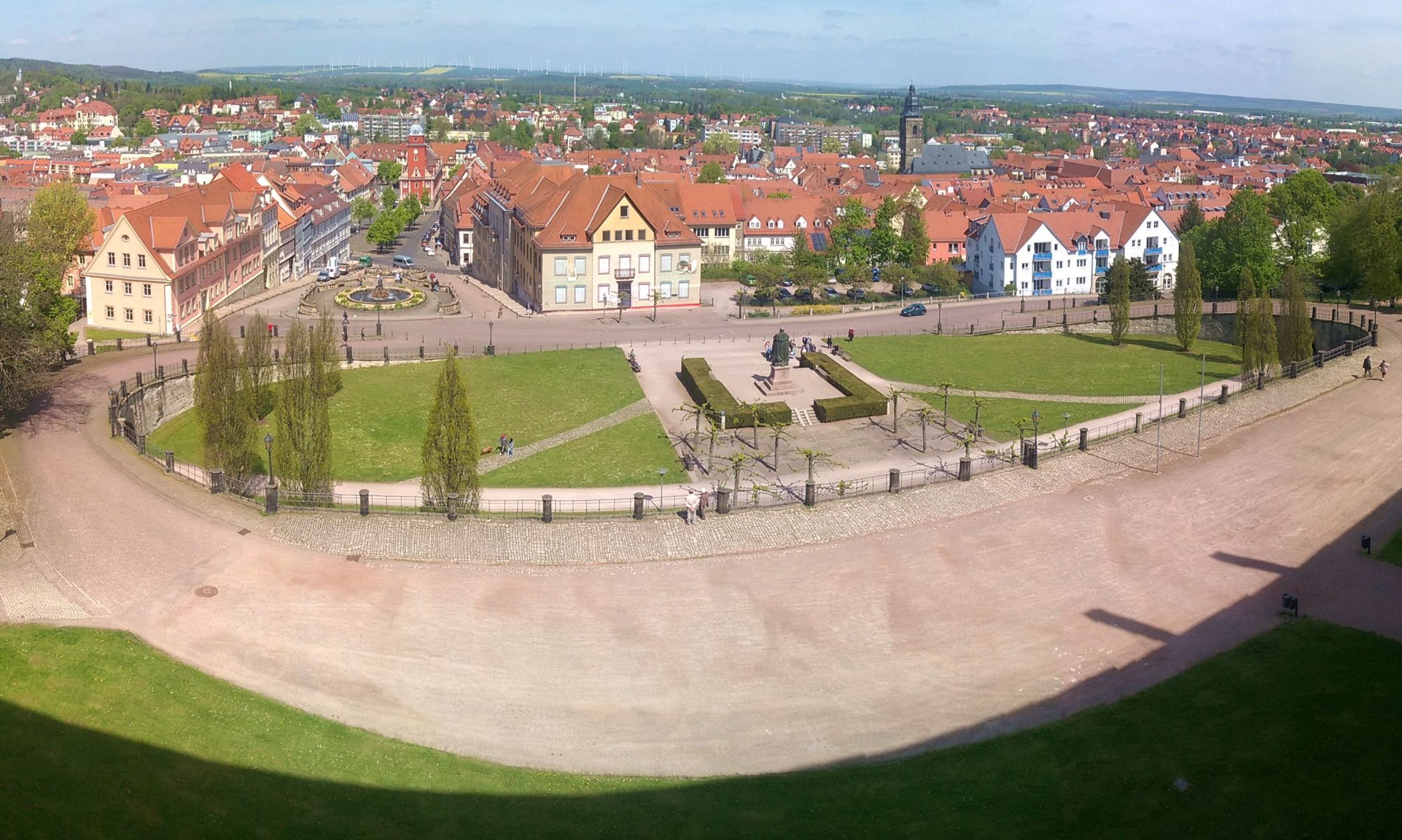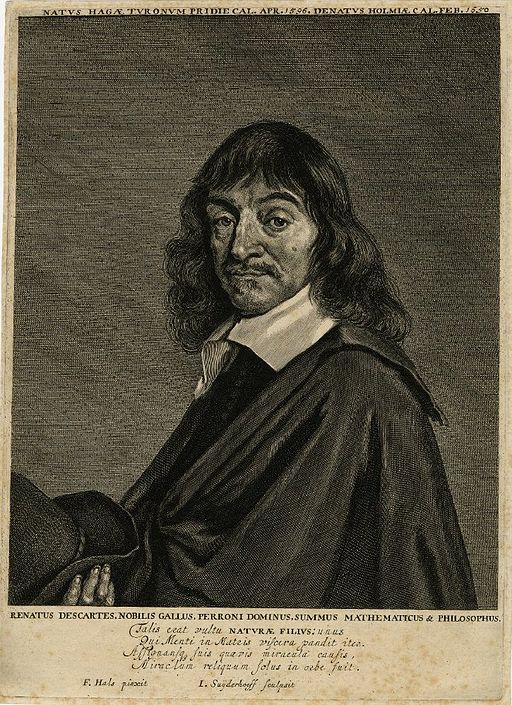Am Donnerstag, 3. März 2016, lädt das Forschungszentrum Gotha der Universität Erfurt ein zum Vortrag von Fabrizio Baldassarri. Er spricht über „From scientia de anima to sciences of life. The basic functions of the vegetative soul in Descartes‘ natural philosophy“. Beginn ist um 17:15 Uhr im Seminarraum des Forschungszentrums auf dem Gothaer Friedenstein und, wie immer, sind alle Interessierten herzlich willkommen.
Da der Vortrag in englischer Sprache gehalten wird, folgt hier auch eine englischsprachige Ankündigung:
Although botany has always been considered missing from René Descartes’ natural philosophy, his correspondence testifies to his interest in plants. This interest can be mostly found in the years after the publication of the Discours de la Méthode (1637), when Descartes was working with Henricus Reneri on the internal structure of plants and discussed some items with Marin Mersenne.
First, there will be a reconstruction of the details of Descartes’ botanical interest. While he required catalogues and seeds, the prevalent carriers of botanical doctrine at the time, Descartes criticized the botanical knowledge of his contemporaries and proposed to substitute it with his own methodology. The second part of the talk will focus on Descartes’ main goal in his botanical studies: the understanding of life. In a few important (and overlooked) biomedical notes, Descartes discussed plants while delving into the basic features of life. Reconstructing accretion, nutrition, and generation in mechanical terms, Descartes tackled the functions traditionally attributed to the vegetative soul. This work articulates a (more) exhaustive science of life within Descartes’ mechanical natural philosophy.
Fabrizio Baldassarri is DAAD-Fellow at the Forschungszentrum Gotha. Since his PhD thesis on Descartes’ natural history, his work focuses on Descartes’ methodology, especially on the scientia and methodological procedures (comparatio, enumeratio, inductio) of the Regulae ad directionem ingenii, and their application in Descartes’ natural philosophy. He is working on Descartes’ bio-medical studies, reconstructing an alternative interpretation of Descartes’ life science.
Image: Jonas Suyderhoef, engraving: René Descartes (1596-1650), via Wikimedia Commons

